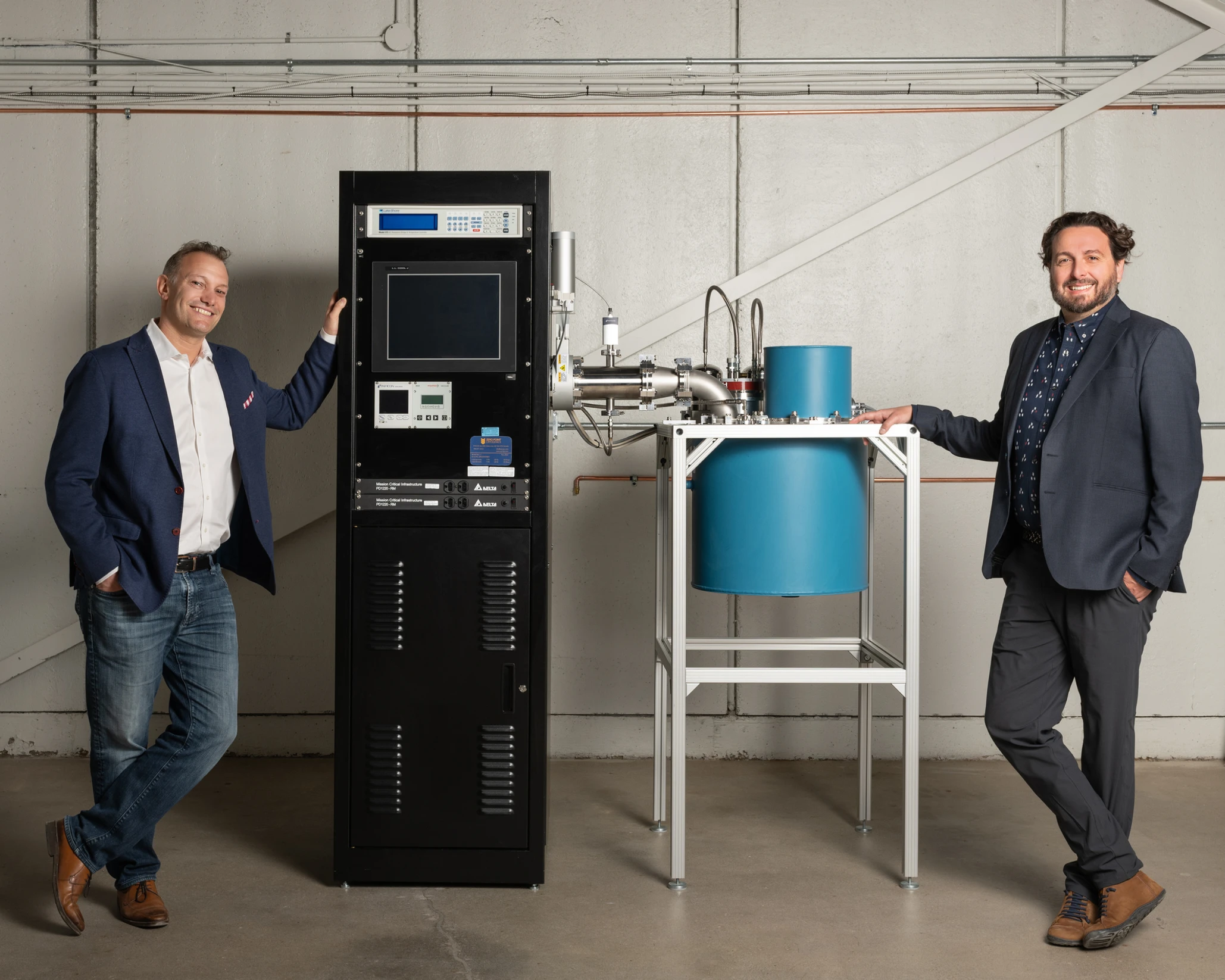Zero Point Cryogenics (ZPC), in collaboration with the University of Waterloo and the Government of Canada, has received funding for a quantum technology project. The project, part of the Innovation for Defence Excellence and Security (IDEaS) program, aims to advance quantum technologies for national defense and security. The ‘Microwave Quantum Radar’ project, which also involves Qubic Technologies and Carleton University, has been awarded $3 million. The project is part of a series of research micro-nets exploring quantum sensing, communications, and computing. Christopher Cassin, CEO of ZPC, expressed excitement about working with leading minds in the industry and academia.
Quantum Sensing Technology Project Receives Government Funding
Zero Point Cryogenics (ZPC), in collaboration with the University of Waterloo and the Government of Canada, has been selected as one of six projects to receive funding under the Innovation for Defence Excellence and Security (IDEaS) program. This funding is a significant step in advancing Canadian quantum technology research, particularly in the areas of defence and security.
The IDEaS program, launched by the Department of National Defence and the Canadian Armed Forces (DND/CAF), is designed to accelerate the application of advanced quantum technologies in national defence and security. The program aims to transition the extensive research and development in this sector from academia and industry to address specific defence and security needs.
ZPC’s Role in the ‘Microwave Quantum Radar’ Project
ZPC is contributing to the University of Waterloo’s project, ‘Microwave Quantum Radar.’ This project, which also involves Qubic Technologies and Carleton University, has been granted a substantial contribution agreement worth $3 million. The project is part of a series of research micro-nets aimed at exploring quantum sensing and sensors, quantum communications, and quantum computing, simulations, and algorithms. These micro-nets, supported by the IDEaS program, are set to receive non-repayable contributions, encouraging innovative research in science and technology challenges.
About Zero Point Cryogenics
Based in Edmonton, Zero Point Cryogenics manufactures cryogenic equipment known as dilution refrigerators, which are the primary low-temperature platform for quantum computers. The company is committed to designing robust and reliable dilution refrigerators for the quantum technology industry and research partners that meet their space, size, and operation requirements. By creating the world’s most reliable dilution refrigerator, ZPC enables its customers to focus on developing their quantum technologies, rather than operating their refrigerators.
About Qubic Technologies
Located in Sherbrooke, Quebec, a quantum technology hub in Canada, Qubic is developing a new quantum technology of microwave transmitters and receivers for telecommunications and remote sensing applications. Qubic is one of the first companies to emerge from the Institut Quantique at the Université de Sherbrooke. The company’s unique capability lies in its ability to harness quantum mechanics to produce signals of unmatched fidelity and to filter harmful interference more effectively.
About the University of Waterloo and Carleton University
The University of Waterloo in Waterloo, Ontario, is a globally recognized research-intensive university, known for entrepreneurship and innovation, providing co-op and work-integrated learning at scale with impact. The Institute of Quantum Computing (IQC) at the University of Waterloo is advancing the field of quantum information at the highest international level to discover and develop powerful new quantum technologies that will drive future economies.
Carleton University, located on an unceded Algonquin territory beside the historic Rideau Canal in Ottawa, Ontario, is committed to research, teaching, and learning innovation. The Department of Systems and Computer Engineering at Carleton University is a recognized world-class institution and constitutes one of Canada’s largest and most research-intensive centres for Electrical and Computer Engineering (ECE) education and research.
About Innovation for Defence Excellence and Security (IDEaS)
The Innovation for Defence Excellence and Security (IDEaS) is a defence innovation program that invests in research and technology aimed at meeting the demands of the current and future global defence and security environment. Since its inception in April 2018, IDEaS has been working with Canadian innovators to develop the S&T landscape and is helping turn innovative thinking into tangible solutions for the Department of National Defence and the Canadian Armed Forces (DND/CAF), as well as Canadians.
External Link: Click Here For More

